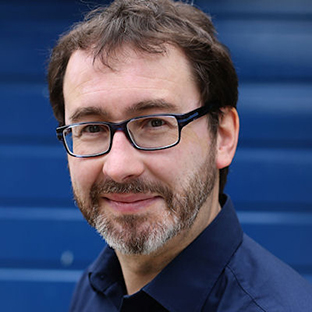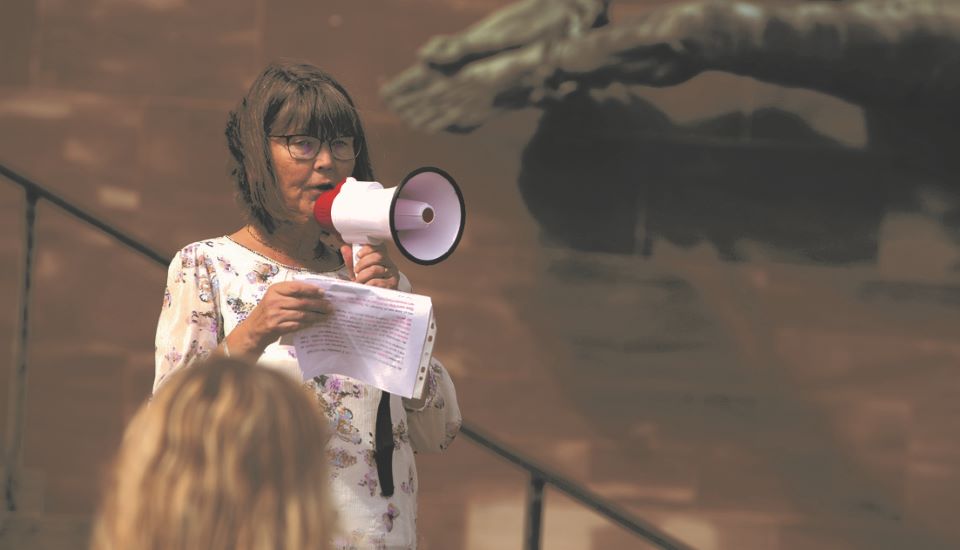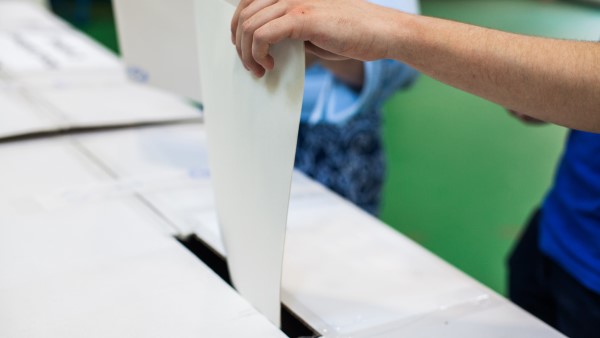As well as having better ideas we need to get smarter about how people respond to change and how messages can reach them, says Tim Gray FRSA.
The RSA's capacity to generate, gather and network ideas is a fantastic resource. But it's important to remember that shortage of ideas has not been the main obstacle to building a better world.
Back at the Earth Summit in 1992, for instance, there were plenty of ideas that would have got us started protecting the climate and addressing global inequality. On these and many other issues, what's held us back has been the psychology of decision-makers. Today, when so many big problems have come to points of screeching friction, when more and more people can see old stories of the world dying on their feet, the crux of the issue is our own programming.
Humans, by default, are not good at change. We build ourselves a worldview out of facts, perceptions, habits, attitudes and our view of ourselves. And then our brains defend that ruthlessly against conflicting input. We ignore it, react angrily against it, or even somehow manage to use it to make our existing views stronger. Most people, most of the time, do not run on reason, or even emotion, but on habit and housekeeping.
If you ask why the world is not better than it is, most of the answer is there.
I was involved in the environmental movement of the 1990s, and in hindsight we were operating from an assumption that telling people about problems and solutions would lead to change. There were some wins and the start of long-term shifts round the edges, but too often it led to frustration and dissipation of energy.
Back then we didn't have the awareness of influence and responses to change that we are building now. Perhaps marketers could have told us, but activists and visionaries have taken a while to catch up. With the growth in areas like personal development and online marketing, a clearer picture of the ‘technology of ourselves’ is available – like more social models of marketing (through ‘know, like and trust’), the power of story, and the internal forces that hold us back from positive steps.
A wiser approach also holds out the possibility of fostering progress without so much banging our heads against walls and stressing ourselves out, which, after all, is not what we are here for.
Making ideas live, finding ways for them to spread and get traction, is probably tougher than coming up with them in the first place. There's a lot of noise out there that we need to rise above. There are a lot of people who are clutching on to old ways, in an attempt to sweep 21st century crises under the carpet. That includes a great many in politics and the media, who steer us in directions that harm people and the planet rather than challenge their own perceptions. And many members of the public are desperate to be told a simple story with patterns for their lives and convenient directions to channel their frustration.
If we are serious about 21st century enlightenment we need to be the best we can at telling powerful, positive stories and reaching people through the things that matter deeply to them.
There are many allies for this, and more all the time. There are those who already see new stories and live in them, who uncover their gifts and work together to build the components of a better future. There are also a whole load of people looking around for a new story to move into. Maybe this is a particular area for an RSA contribution. Not so much with deep discussion or academic language, but as a movement whose credibility draws from many corners of society, holding a vision and saying, 'Listen...'
It's time for organisations and individuals doing good work to bring forth the treasures they've been gathering. This is the fork in the path where wisdom and resources are needed. The voices that try to hold us to the downward path are loud, and their positional power is great, but their authority is draining away. The chance for a shift is there, if we can feed better ideas into the public headspace.
That may take you out of your comfort zone. Many of us would like to be brilliant quietly! Treat it as part of your learning journey, and apply 21st century wisdom about reaching people. Don’t be overwhelmed by the number of channels available, from print to podcasting. Authenticity and integrity are powerful currencies now, so find what works well for you and lets you show through, and be OK with the learning process. Maybe you can try something innovative like the RSA’s Animate videos and energise new audiences; or maybe you can turn up the power on more traditional channels.
Let's remember as we imagine and research and discuss, that the world needs to hear from us. It needs us to show as much clarity, diligence and empathy with communication as we do with the rest of the process. The last step in the hero's journey is bringing new gifts back to the village and showing them to the people.
Tim Gray is a writer exploring social change, psychology, communication and personal development. He also helps people working for positive change to step forward with their messages, writing and websites. For further information visit www.theupwardpath.com or www.wordsthatchangetheworld.com.
Related articles
-
Through the Grapevine
Mel Smith
How one organisation is ‘going deep’ on a journey to empower communities in Coventry and Warwickshire.
-
We need to teach children new forms of literacy
Lazar Dzamic
Knowing how to read and write is no longer enough. Lazar Dzamic argues that we need to arm our young with new literacies, to fight narratives sold by media, politicians, religion, the entertainment industry and big business.
-
Our yes/no voting system means nothing ever happens
Peter Emerson
Climate change tells us we must cooperate or die. But where’s the cooperation between political parties? Peter Emerson suggests a radical change.




Join the discussion
Comments
Please login to post a comment or reply
Don't have an account? Click here to register.
I totally agree that we need more focus on 'making ideas live' and engaging others in our thinking. We need to give as much attention to the effective engagement of people throughout a process as we do to the process itself. As a visual worker I spend my time communicating complex issues visually and teaching others to do the same. The number of companies harnessing visual communication has never been greater, but I'm still surprised that visual language is often seen as a creative add on, rather than a core communication and engagement tool. So yes, you may well have a fantastic idea, but don't forget the world needs to be able to see it and understand it for it to become real in anything other than your own head. A really thought provoking well put article Tim.
Cara Holland - www.graphicchange.com